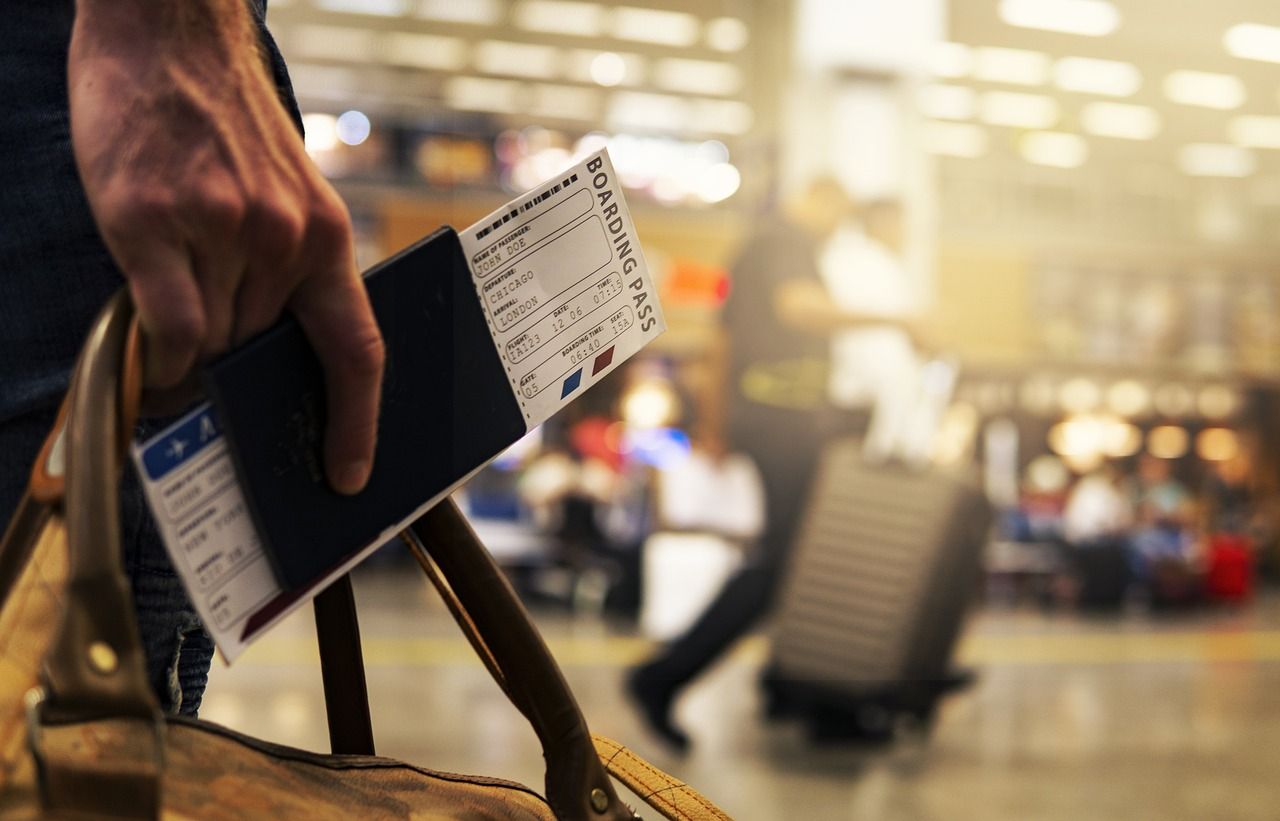
Best Traveler Resources
There is so much involved when traveling. We help you with everything you need to make your travel run smoothly. When traveling internationally, there are several important documents and travel resources you need to have with you. When traveling domestically, the requirements will be less but just as important. Here are the 10 best traveler resources while planning your travel.
- Passport: A valid passport is the most crucial document for international travel. Ensure your passport is valid for at least six months before departure. Some countries may also require specific visa pages to be blank. Check the passport requirements of your destination well in advance.
- Visa: You may need a visa depending on your nationality and the country you plan to visit. A visa is an official authorization that grants you permission to enter, stay, or transit through a country for a specified period. Visa requirements vary, so research the specific visa requirements for your destination and apply for it in advance if necessary.
- Travel Insurance: While not mandatory, travel insurance is highly recommended. It covers medical emergencies, trip cancellations, lost luggage, and other unforeseen events. Review different travel insurance options and select a policy that suits your needs and destination.
- Itinerary and Tickets: Keep a copy of your travel itinerary, including flight/train tickets, hotel reservations, and other pre-booked activities or transportation. A printed or digital copy makes referencing and sharing information easier when needed.
- Driver’s License: If you plan on driving a car during your trip, you may need an international driver’s license (IDP) and your regular driver’s license. An IDP is a translation of your native driver’s license and is widely recognized internationally. Check if your destination requires an IDP and obtain one before traveling.
- Vaccination Certificates: Some countries may require proof of vaccination against certain diseases. For example, a Yellow Fever vaccination certificate is mandatory for entering certain countries in Africa and South America. Research the vaccination requirements of your destination and carry the necessary certificates with you.
- Credit Cards and Travel Currency: Carry credit cards and ensure they are valid for international use. Notify your bank or credit card company about travel plans to avoid any potential issues with card transactions abroad. It’s also helpful to carry some local currency or access currency exchange services at your destination.
- Emergency Contacts: Carry a list of emergency contact numbers, including your country’s embassy or consulate in the destination country. These contacts can assist in emergencies, such as lost passports or legal issues.
- Health Insurance Card: If you have health insurance, carry your health insurance card or any necessary medical documentation. It can be helpful in case you require medical attention during your trip.
- Other Documents: You may need additional documents depending on your specific circumstances and the nature of your trip. These could include proof of accommodation (hotel reservations), invitation letters, proof of employment, or student identification cards.
Always check your destination country’s entry requirements and document regulations before your trip. Government websites, travel advisories, and official embassy/consulate websites are reliable sources of up-to-date information regarding travel documentation.
Helpful Traveler Links
If you need to renew your passport or get a new one, requesting it well ahead of time is recommended due to current delays. Make a to-do list once you book your trip. Check out the pre-check program to skip the long TSA lines. Below is a list of helpful links from passport information to country travel advisories:
- United States Passport – www.usa.gov/passport
- International Travel – https://travel.state.gov/content/travel/en/international-travel.html
Feel free to contact us with your traveler questions!
